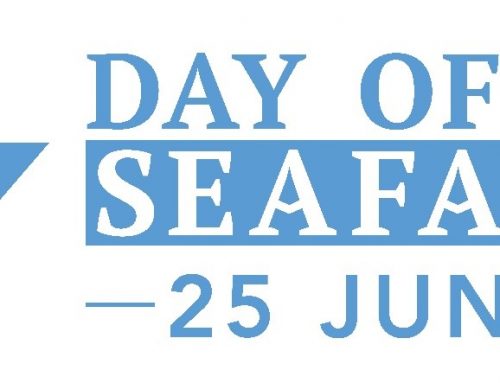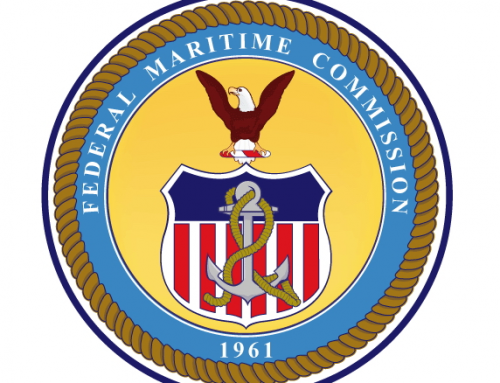Along with their daughter (and attorney), Debi Chalik, Ronald and Eva Weissberger recently became the first cruise passengers to file suit arising from coronavirus, or COVID-19. Chalik believes Princess Cruises breached its duty to provide reasonable care to the Grand Princess’ 3,500-plus passengers and crew, by failing to take precautions to stop the spread of the virus.
However, many legal experts and fellow attorneys said they may face an uphill battle against the cruise line’s restrictive terms of service, which are buried in passengers’ paperwork, as well as antiquated maritime laws, some of which that predate the sinking of the Titanic by half a century. Nearly all cases are likely to be challenged by the cruise lines, in an effort to limit those cases ed in a number of ways.
Cruise lines argue they are not liable for insuring their passengers’ safety – meaning cruise lines argue they cannot be legally responsible for keeping passengers in good health. They do, surely, have a duty to take all reasonable steps to keep their passengers from harm. Professor Michael Karcher, a maritime lawyer and professor of admiralty at the University of Miami Law School, said the legal benchmark for cruise ships is “reasonable care under the circumstances.”
“What is reasonable may depend on where you are going, who are the passengers, what kind of things you are encountering,” Karcher went on to say. “’Under the circumstances’ leaves a lot of room for factual questions on both sides.” Big cruise lines such as Carnival, the owner of Princess Cruises and more than half of the cruise market share, try to limit those circumstances and what is “reasonable” before passengers board the ship by attempting to limit the cruise line’s liability for everything from the actions of third-party contractors– such as masseuses, nail technicians, excursion companies, even onboard doctors– to unforeseen delays in travel time, in the “terms of service” clause on the passenger’s ticket.
The Grand Princess was held off the coast of California for five days, waiting for authorities to allow it to dock on its return from what was supposed to have been a round trip from San Francisco to Hawaii. After the ship finally docked in Oakland, California, it took a week to get everyone off the ship. Despite this, Professor Martin Davies, director of the Maritime Law Center at Tulane University, said he would be “very surprised” if the cruise lines “were liable for any delay … for being held offshore”, based on the limitation language found in the terms of service clause on passengers’ tickets.
“The cruise line tickets are legal works of art,” Davies said.
Included in the ticket contract of most cruise lines, including Princess Cruise Lines, is a waiver of class-action lawsuits. This means passengers on the Grand Princess or Diamond Princess who were exposed to or infected with coronavirus purportedly gave up their rights to sue, collectively, before they even boarded the ship. The terms of service clause also allows the cruise line to choose the U.S. court where claims can be filed, plus to impose a one-year statute of limitations for filing claims, which is much shorter than most states’ cutoff for similar claims.
The above is a summary of one or more news stories reviewed by the author of this article. It may contain comments or views of the author only.
This article is intended for general interest and does not constitute legal advice.
The Herd Law Firm, PLLC, is accepting cases where passengers or crewmembers developed COVID-19 as a result of exposure to the virus while aboard a cruise ship or any other vessel. If you have questions or wish to discuss such claims, please reach out to us at Charles.Herd@HerdLawFirm.com, or call 713-955-3699.







